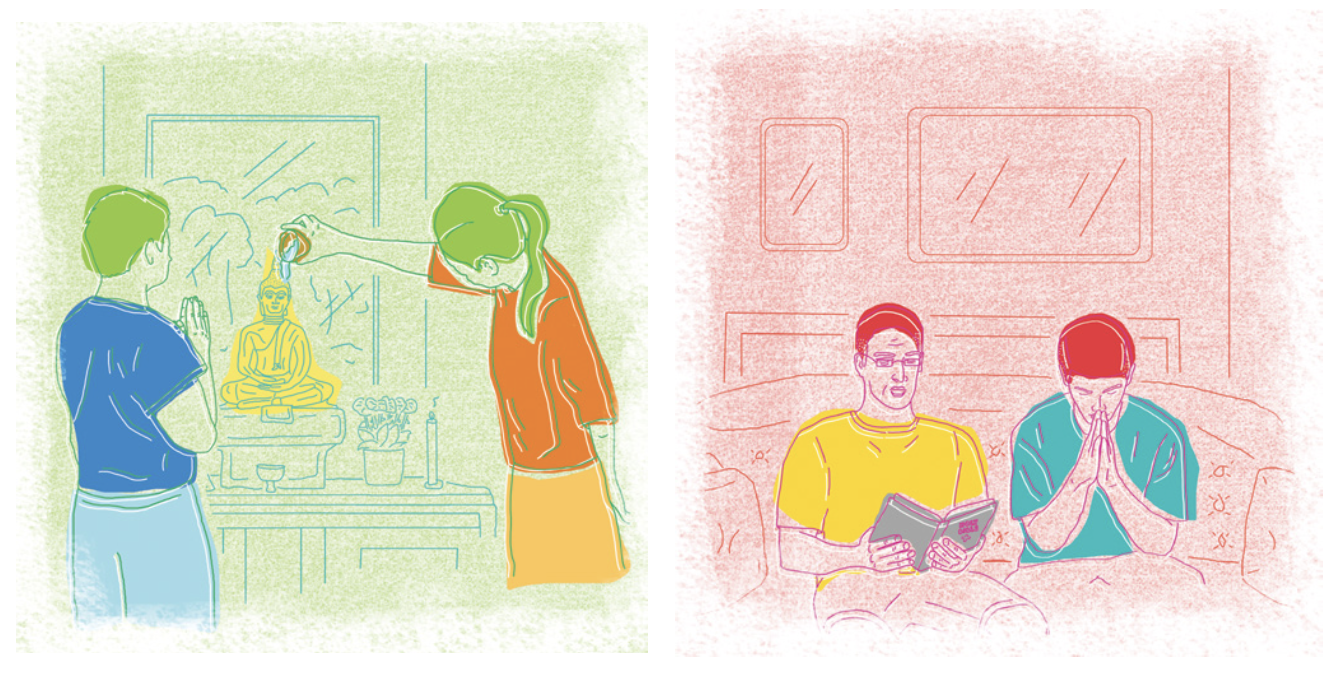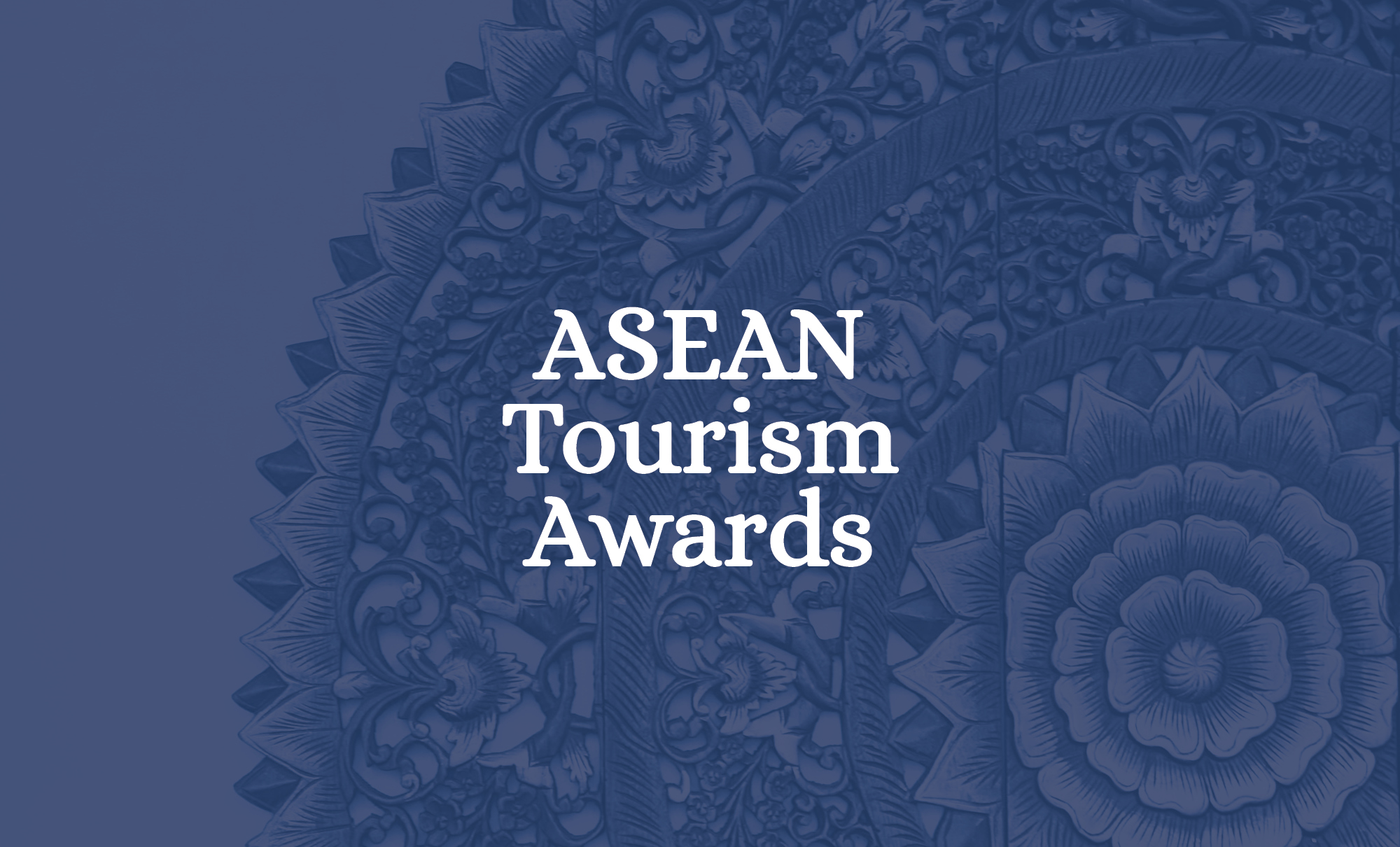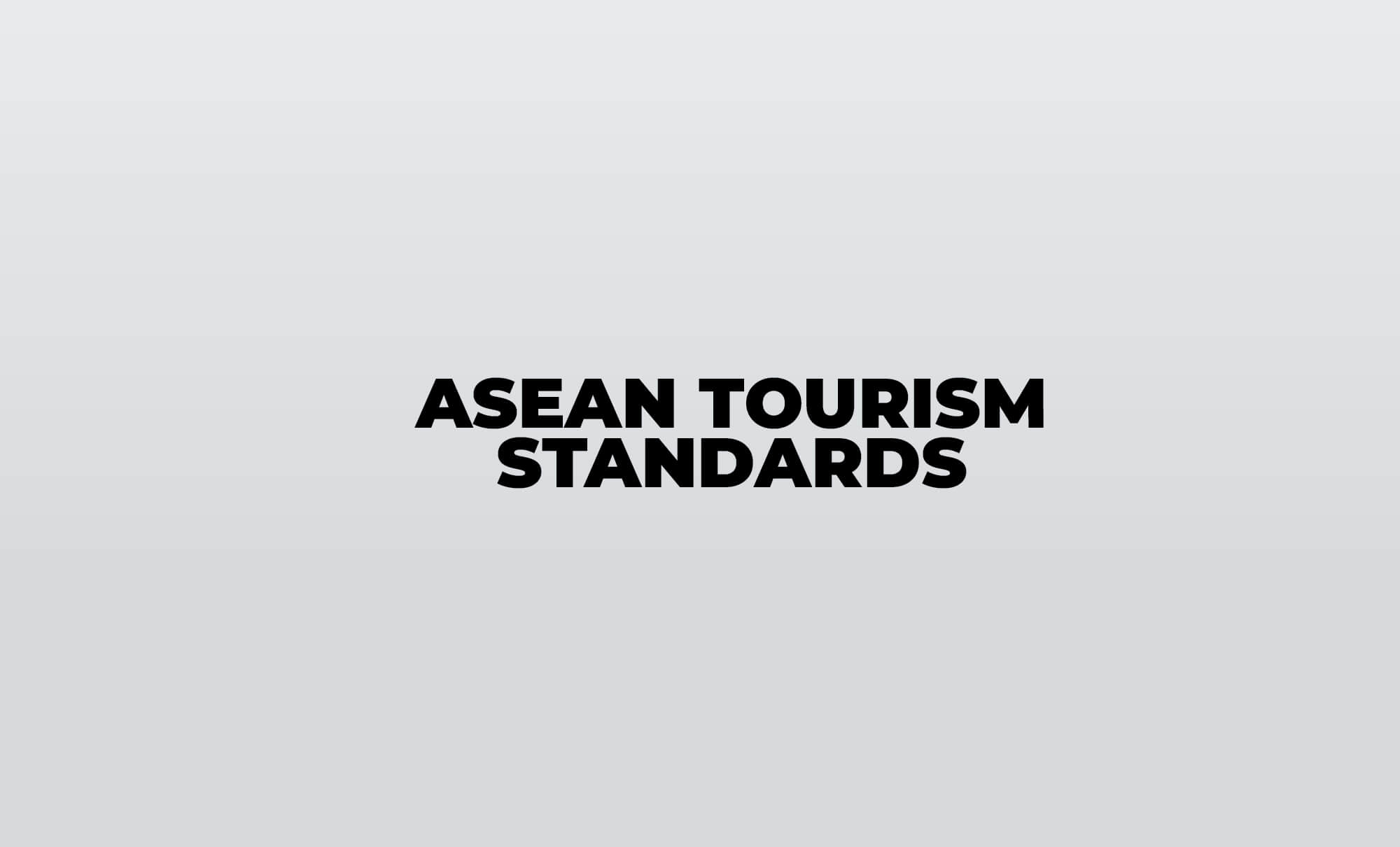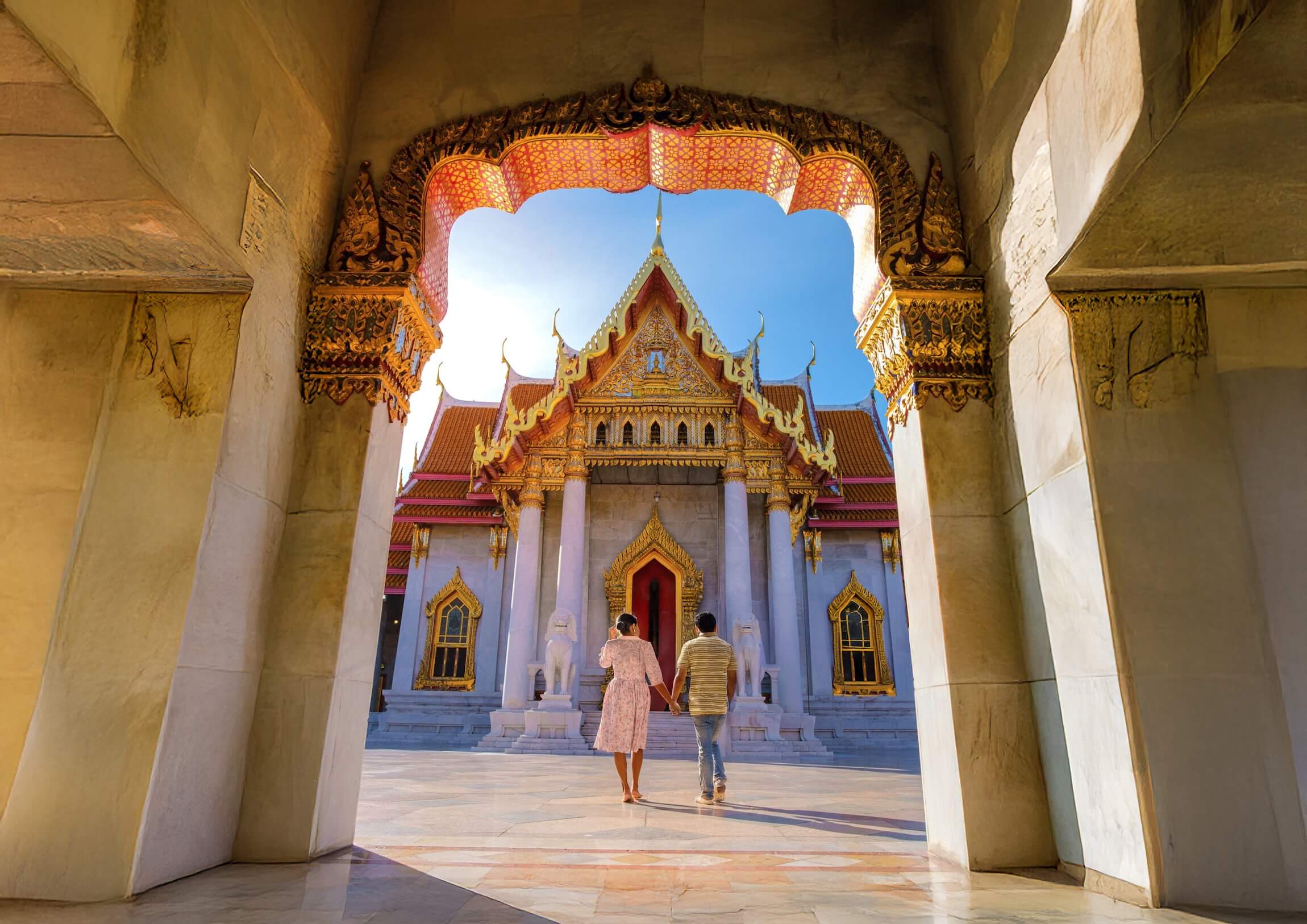




Southeast Asians celebrated their religious festivals a little differently this year—in the privacy of their homes.
In an effort to staunch the spread of COVID-19, the governments of Cambodia, Thailand, Lao PDR, and Myanmar banned cultural events and mass gatherings to mark the Buddhist New Year which this year fell on 13 April. Buddhists typically celebrate the event by washing Buddha statues, and performing cleansing and renewal rituals.
Cambodian Prime Minister Hun Sen suspended the celebration of
Choul Chnam Thmey, which usually involves visits to pagodas, food and cash offerings, and traditional games. Instead of visiting pagodas, Buddhist leaders called on Cambodians to observe the event in their own homes, by offering candles, incense sticks and flowers to Buddha, and partaking food with their family members.
Visits to Thai wats, water pouring, and other street revelry associated with the Songkran were also put on hold by Thai Prime Minister Prayut Chan-o-cha. Additionally, the government launched the “Save Parents” campaign, which encouraged citizens to show their respect to their elders not by pouring scented water on their hands as traditionally practiced, but by keeping their physical distance to insulate their elders from the disease.
Lao PDR Prime Minister Thongloun Sisoulith issued an order advising citizens to steer clear of large gatherings during the celebration of Pi Mai which, in addition to temple visits, normally includes parades, dancing, and other festivities. The Buddhist order supported the move by canceling religious events and closing the temples to the public. Laotians expressed their support by using the PiMaiAtHome hashtag and picture frame in social media.
Public celebration of the Thingyan, characterised by water throwing
from pandals, temple offerings, and musical performances, was likewise restricted by the Myanmar government until the end of April. The government instead distributed food to underprivileged families during the Thingyan holiday.
Catholics and other Christian groups in the Philippines also observed the Semana Santa, which began on 5 April, in the confines of their home after the government issued community-wide quarantine. The usual visita iglesia, re-enactment of the way of the cross, and Easter procession were prohibited. Instead, Christians were urged to participate in masses, stations-of-the-cross prayers, and other rituals that were streamed online by various churches, including the Vatican.
The Indonesian government discouraged its citizens from traveling to their hometowns this May for Eid al-Fitr or Lebaran festivities, which normally include mass prayers, family feasts, parades, and visits to the graves of loved ones. Islamic leaders, instead, appealed to Indonesian Muslims not to congregate at the mosques and to celebrate the end of Ramadan by reciting Eid prayers at home.
In Brunei Darussalam, His Majesty Sultan Haji Hassanal Bolkiah prohibited the practice of “open houses” and limited family gatherings to no more than 30 people during the Eid festivities.
The Malaysian government, meanwhile, lifted its ban on mass prayers in mosques, but continued to restrict interstate travel. It also urged its citizens to refrain from visiting non-family members and holding social gatherings with more than 20 people. Other communities such as the Sikhs celebrated Vaisakhi which fell on April 13 and the Tamilian community celebrated the Tamil New Year which fell on April 14 in their homes as well, due to temples being closed.
The celebration of these religious events may have moved from the public to the private sphere, but for the millions of Buddhists, Christians, and Muslims across Southeast Asia, they are no less meaningful and significant this 2020.








